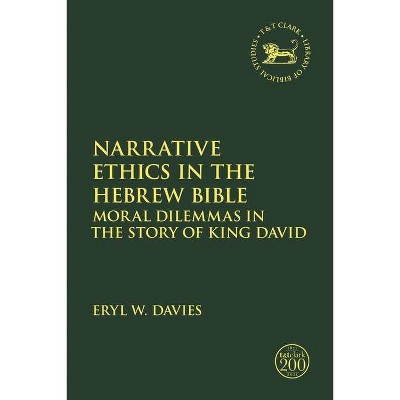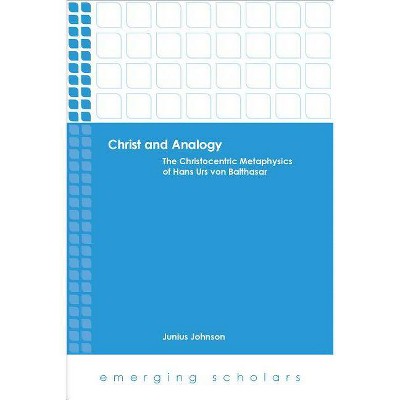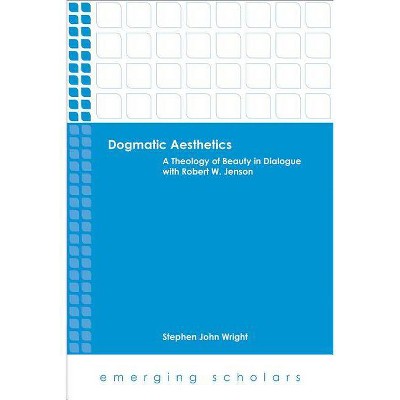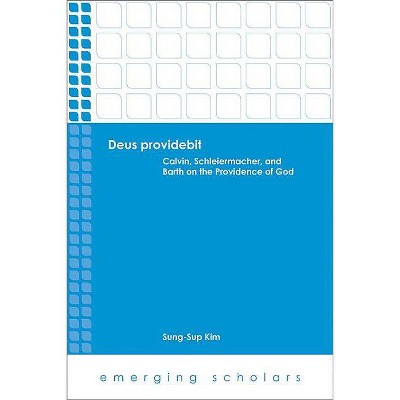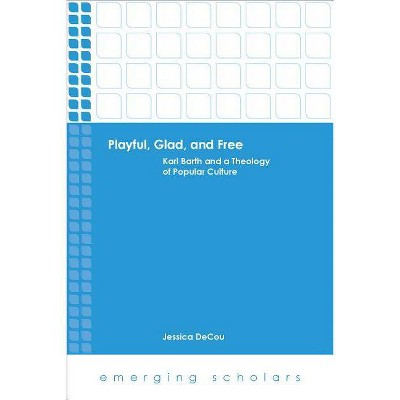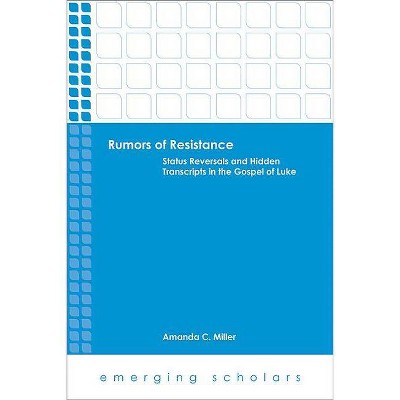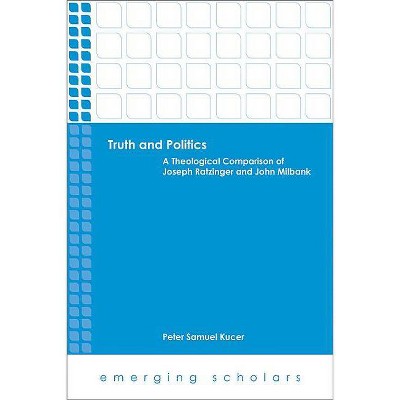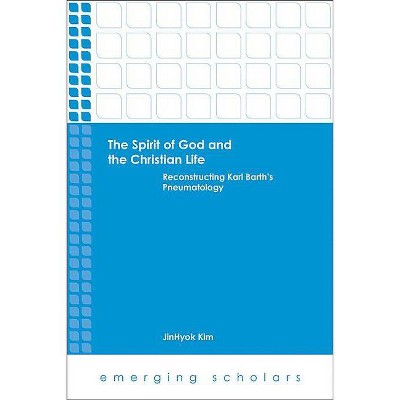Narrative Obtrusion in the Hebrew Bible - (Emerging Scholars) by Christopher T Paris (Paperback)
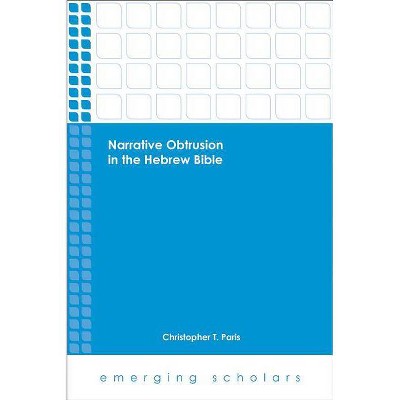
Similar Products
Products of same category from the store
AllProduct info
<p/><br></br><p><b> About the Book </b></p></br></br>Narrators of the Hebrew Bible generally allow their stories to proceed while relying on characters and dialogue to provide necessary information. Paris calls attention to when the story teller breaks frame to provide information or direct reader understanding, preventing undesirable construals or interpretations of the story. After surveying the phenomenon in the Hebrew Bible and other ancient Near Eastern literature, Paris focuses on the Deuteronomistic History. Paris argues that attention to narrative obtrusion offers an entry point into the world of the narrator and redefines aspects of narrative criticism.<p/><br></br><p><b> Book Synopsis </b></p></br></br><p>Narrative critics of the Hebrew Bible often describe the biblical narrators as laconic, terse, or economical. The narrators generally remain in the background, allowing the story to proceed while relying on characters and dialogue to provide necessary information to readers. On those occasions when these narrators add notes to their stories, scholars may characterize such interruptions as asides or redactions.</p><p>Christopher T. Paris calls attention to just these narrative interruptions, in which the storyteller breaks frame to provide information about a character or even in order to direct reader understanding and, Paris argues, to prevent undesirable construals or interpretations of the story.</p><p>After surveying the phenomenon of omniscient narration and narrative obtrusiveness in the Hebrew Bible and other ancient Near Eastern literature, Paris focuses on the Deuteronomistic History. Here the narrator occasionally obtrudes into the narrative to manage or deflect anticipated reader questions and assumptions, sometimes invoking the divine, sometimes protecting a favored character, in an interpretive stance that Paris compares with the commentary provided by later rabbis and in the Targums. Attention to narrative obtrusion offers an entry point into the world of the narrator, Paris argues, and thus promises to redefine aspects of narrative criticism. </p>
Price History
Cheapest price in the interval: 49 on November 8, 2021
Most expensive price in the interval: 49 on December 20, 2021
Price Archive shows prices from various stores, lets you see history and find the cheapest. There is no actual sale on the website. For all support, inquiry and suggestion messagescommunication@pricearchive.us
